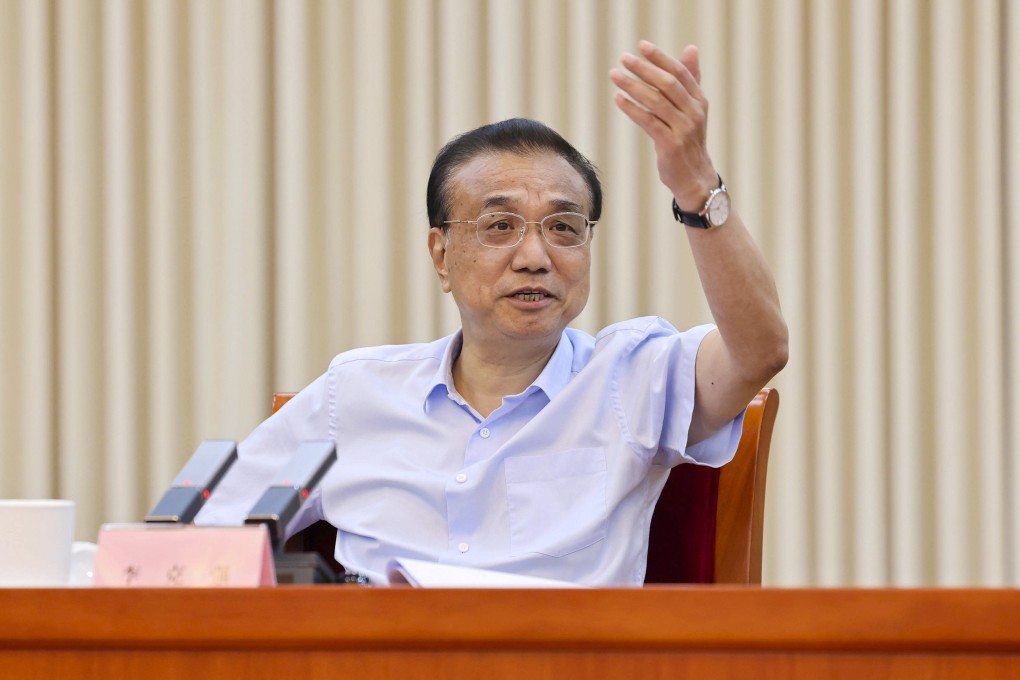Advertisement
China’s Li Keqiang calls for new infrastructure push to shake off economic slowdown
- China’s State Council says it will channel funds towards construction of highways, waterways and port projects
- The targeted financing reflects Li’s long-standing caution towards flooding the economy with excess liquidity
Reading Time:2 minutes
Why you can trust SCMP
6

China has announced a new round of infrastructure projects to be funded by bonds and interest subsidies for participating banks, underlining the government’s desperation to get the economy back on track and stabilise employment.
The world’s No 2 economy faces multiple headwinds, including a weak property market, soft household consumption and Covid uncertainties, which have set off alarm bells in Beijing and prompted warnings the country might fail to reach its annual growth target of “around 5.5. per cent”.
The government plans to raise 300 billion yuan (US$44.7 billion) by selling policy bonds and other financial instruments, Premier Li Keqiang said at Wednesday’s State Council meeting.
Advertisement
They will be issued by state-owned and policy banks, while the central government will provide two-year interest subsidies to encourage lending for the projects.
The proceeds must account for less than half of each project’s total investment, or serve as a bridge for infrastructure funded by local government special purpose bonds.
Advertisement
Advertisement
Select Voice
Select Speed
1.00x
